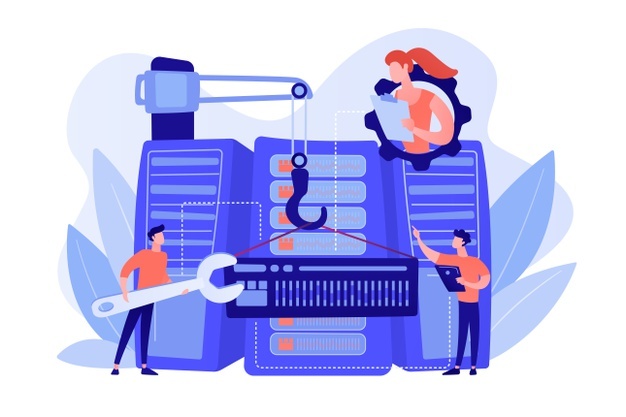Posted inProfessional Ethics & Human Values
Obligation of Confidentiality
1. Based on ordinary moral considerations: I. Respect for autonomy: - Recognizing the legitimate control over private information (individuals or corporations). - This control is required to maintain their privacy and protect their self-interest. II. -Respect for Promise: Respecting promises in terms of employment contracts not to divulge certain information considered sensitive by the employer III. - Regard for public wellbeing: Only when there is a confidence that the physician will not reveal information, -The patient will have the trust to confide in him. Similarly only when companies maintain some degree of confidentiality concerning their products, the benefits of competitiveness within a free market Are promoted. 2. Based on Major Ethical Theories: - All theories profess that employers have moral and institutional rights to decide what information about their organization should be released publicly. - They acquire these rights as part of their responsibility to protect the interest of the organization. - All the theories, rights ethics, duty ethics and utilitarianism justify this confidentiality but in different ways.
